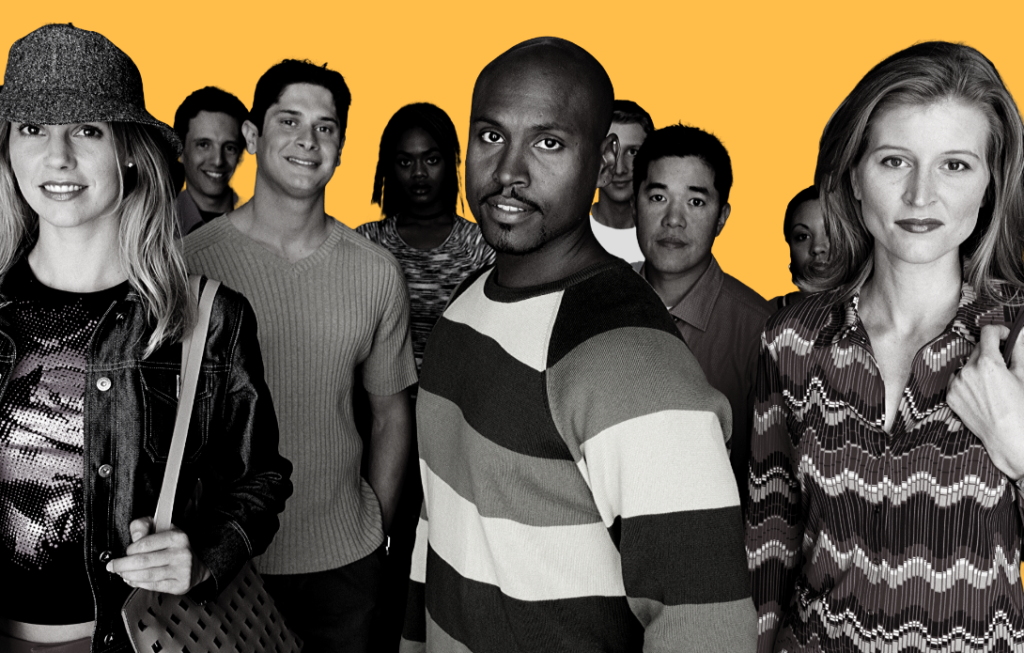Confrontation may reduce prejudice in white people, according to new study
Being made aware of unconsious bias may be an effective tool in combating racism, a new study indicates.

PHOTO EDITED BY WE REP STEM.
Acknowledging mistakes and moving past them is part of growth. It’s also part of becoming an authentic ally and, according to new research out of Rutgers University, may help with bias reduction.
According to the study, published in the journal Social Psychological and Personality Science, white people who are confronted about a sexist or racially insensitive comment they made are more likely to reflect and avoid making biased statements in the future.
“Many people are reluctant to confront instances of bias because they worry about backlash from others,” Kimberly Chaney, a doctoral graduate student in social psychology at Rutgers University-New Brunswick’s School of Arts and Sciences said in a statement.
“But we found that confronting prejudice can be a powerful way to reduce not just one but multiple types of prejudice. We all have the ability to make a change and sometimes speaking out against small instances of bias may make a big change.”
For their paper, which involved three experiments, researchers presented white college students with images of Black and white people, accompanied by vaguely descriptive sentences. Then, they were asked to make assumptions about the people in the photographs.
Some participants were randomly assigned to be confronted for using a negative stereotype in their response, and then presented with more photographs.
Volunteers who were confronted were “significantly” less likely to use a subsequent negative stereotype when compared to the control group.
“There is still a lot more to understand about confronting prejudice, including how it should be done, what you should say and when it will be most effective,” study co-author Diana Sanchez, a professor of psychology.
“Confronting someone is challenging, but we hope that knowing that it can be effective might make people more willing to step up.”
But are the findings indicative of long-term change, or do they represent a reaction to being put on the spot?
“One of the studies in the present research demonstrated effects 24-72 hours after the confrontation,” Chaney tells We Rep STEM in an email.
“Additionally, in our previous research, we have found that white Americans use fewer negative Black stereotypes and show less automatic activation of negative Black stereotypes one week after being confronted for using negative Black stereotypes. This suggests to us these effects are not “knee-jerk” reactions but involve actual self-reflection and change.”
The team says it hopes to conduct additional research to “discern what motivations and processes may allow for prolonged prejudiced reduction after confrontations.”

The findings are similar to the findings in another paper published late last month in Nature Human Behaviour.
In it, researchers found that normalizing diversity and inclusion dialogue makes people more tolerant and accepting.
For the experiment, a pro-diversity poster and film were created and casually exposed to students in hallways and classrooms over several weeks.
“When we measured 10 or 12 weeks later, the students who were exposed to the interventions report more positive attitudes towards members of other groups and stronger endorsement of diversity,” says Markus Brauer, the UW-Madison psychology professor whose lab designed the pro-diversity intervention.
“The students belonging to marginalized groups tell us that they have an enhanced sense of belonging. They are less anxious in interactions with students from other ethnic groups. They tell us that they’re less and less the target of discrimination. They evaluate the classroom climate more positively and feel that they are treated more respectfully by their classmates.”
While neither paper can predict if awareness about diversity and bias can cause a permanent shift behaviour, both studies show there is value in ongoing diversity and inclusion education in professional and academic spaces.
